International Marine Conservation Congress
The Nereus Program will have a presence at the International Marine Conservation Congress taking place from July 30th to August 3rd in St. John’s, Newfoundland, Canada. Following the theme of…
The Nereus Program will have a presence at the International Marine Conservation Congress taking place from July 30th to August 3rd in St. John’s, Newfoundland, Canada. Following the theme of…
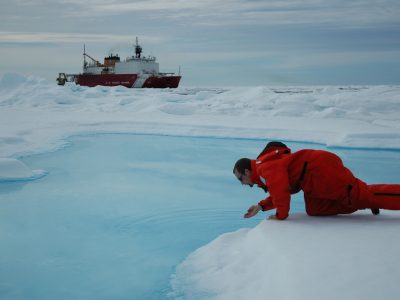
“Towards an integrated database on Canadian ocean resources: benefits, current states, and research gaps” was recently published in the Canadian Journal of Fisheries and Aquatic Sciences, authored by Nereus Fellow Andrés Cisneros-Montemayor (UBC), Director of Science William Cheung, and OceanCanada Director Rashid Sumaila (Nereus Honorary Research Associate).
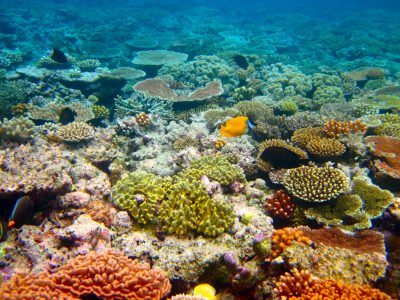
Nereus Program research and interviews in Vice, the Globe and Mail, and Radio Canada International.

Nereus Fellow Andres Cisneros-Montemayor (UBC) attended the OceanCanada Partnership Meeting, in Vancouver, BC, Canada, from May 24 to 27.
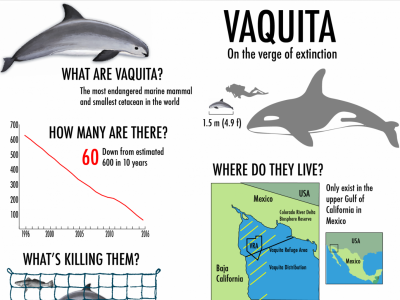
In our current eco-friendly world, where climate change makes front-page news and the killing of a lion launches thousands of Facebook posts, how can a porpoise be nearing extinction and most of the world not even know of its existence?
The vaquita is going extinct at an alarming rate, from an estimated 600 individuals in 1996 to 60 in 2016, states a report presented to Mexico’s Minister of the Environment and Natural Resources earlier this month. It’s the world’s smallest marine mammal, with a maximum length of only 1.5 meters (4.9 feet). And with its dark eye patches and mouth that seems to curl up into a smile even after death, the vaquita is not missing out on the cute factor.
Nereus Fellow Andres Cisneros-Montemayor (UBC) will attend the OceanCanada Partnership Meeting, in Vancouver, BC, Canada, from May 24 to 27.
Nereus Fellow Andres Cisneros-Montemayor (UBC) will be giving an invited talk at Scripps, San Diego, on April 27. He will be discussing “Economics outside the box: New perspectives for IUU…
Andres Cisneros-Montemayor, Nereus Fellow (UBC), will be attending a workshop as part of the Mapping Ocean Wealth project led by The Nature Conservancy; Cisneros-Montemayor will be contributing to the Gulf…
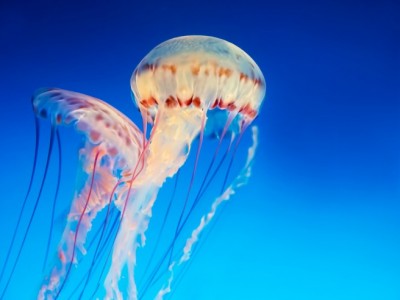
by Andrés M. Cisneros-Montemayor
In A Sand County Almanac, the landmark book on wilderness, ecology, and conservation, we are offered a short anecdote regarding a changing environment:
“I had a bird dog named Gus. When Gus couldn’t find pheasants he worked up an enthusiasm for Sora rails and meadowlarks. This whipped-up zeal for unsatisfactory substitutes masked his failure to find the real thing. It assuaged his inner frustration.” – Aldo Leopold (1949).
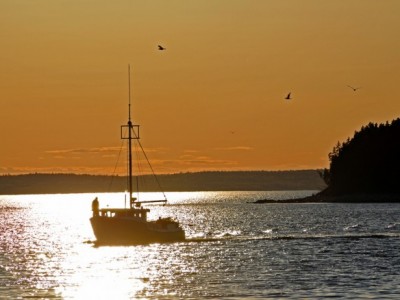
Canada has gone from being a world leader in ocean management to a country failing its oceans due to a lack of federal leadership in implementing ocean policy, the cutting of funding and resources to government ocean science, and the silencing of government scientists.
These findings are part of a new study in Marine Policy, co-authored by Nereus Program researchers, which states that “federal ocean policy and management have diverged substantially from marine science in the past decade”.